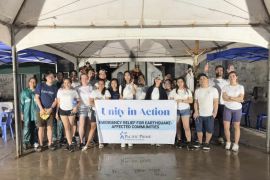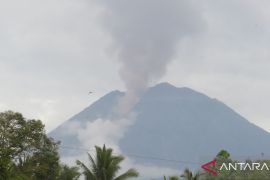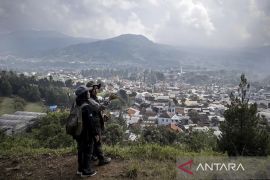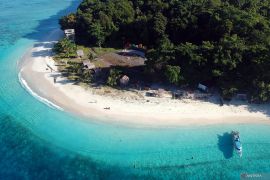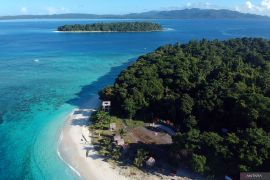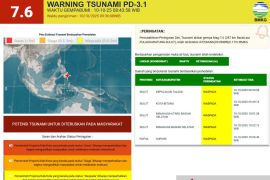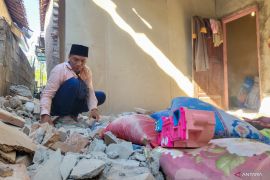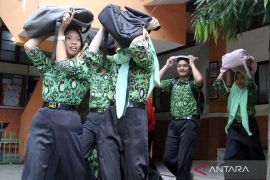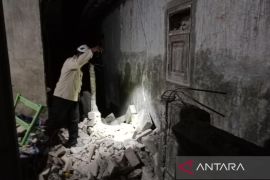The other 22 miners have either been discharged or chosen to leave the mental health program, said Alejandro Pino, a doctor with Chile`s security association.
Those remaining on medical leave "exhibit post-traumatic stress symptoms, and they require medication and psychotherapy. This is why they are not ready to go back to work," he explained. They continue to receive pay.
The miners became global media stars following the October 13 rescue that gripped the world.
Invitations for media appearances and endorsements have flooded in, and their exploits are reportedly being considered for a movie. Recently, 24 of the workers traveled to the Holy Land with their wife and children at the invitation of the Israeli Tourism Ministry.
Immediately after the rescue, the miners were given a medical checkup, then put on leave while they received psychological treatment from the ACHS, the worker`s non-profit insurance group.
They had spent 69 days trapped deep underground in the San Jose mine, before their dramatic rescue.
Several miners have complained of having lost their disability pay for failing to undergo medical checks due to constant trips abroad as they enjoyed their newfound fame.
Others said that months after the ordeal, they continue to suffer from nightmares, lack of sleep and anxiety attacks.
Chile`s Chamber of Deputies earlier adopted the report of a parliamentary investigating committee into the San Jose cave-in, which primarily blamed the mine`s bosses "for failing to adopt the necessary work conditions and having tried to blame inspectors and even the miners themselves."
The report, which has no legal implications, also criticizes mining regulators Sernageomin for "failing to regulate mining operations."(*)
Editor: Jafar M Sidik
Copyright © ANTARA 2011
